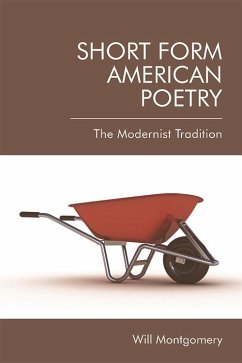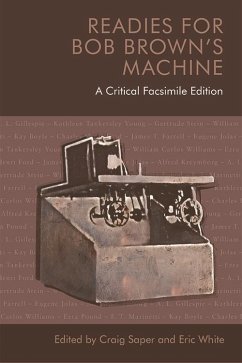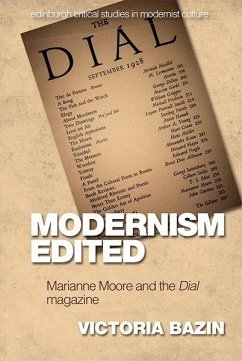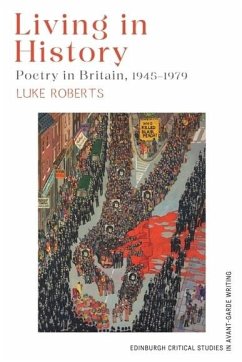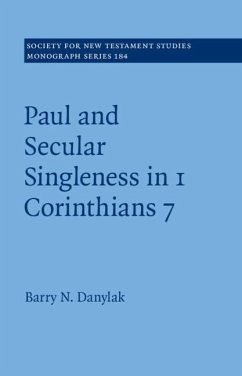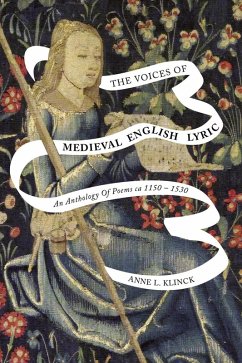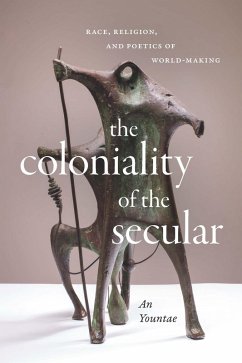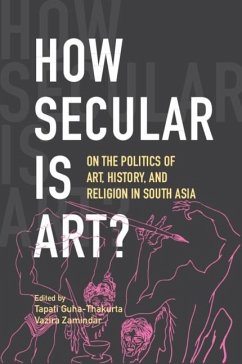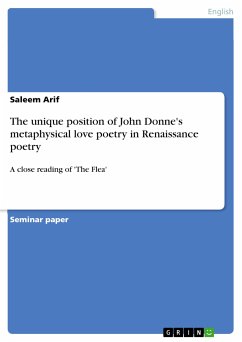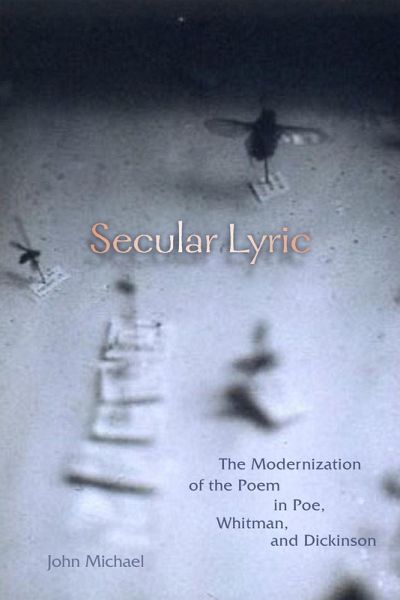
Secular Lyric (eBook, PDF)
The Modernization of the Poem in Poe, Whitman, and Dickinson

PAYBACK Punkte
12 °P sammeln!
Secular Lyric interrogates the distinctively individual ways that Poe, Whitman, and Dickinson transformed classical, romantic, and early modern forms of lyric expression to address the developing conditions of Western modernity, especially the heterogeneity of believers and beliefs in an increasingly secular society. Analyzing historically and formally how these poets inscribed the pressures of the modern crowd in the text of their poems, John Michael shows how the masses appear in these poets' work as potential readers to be courted and resisted, often at the same time. Unlike their more conv...
Secular Lyric interrogates the distinctively individual ways that Poe, Whitman, and Dickinson transformed classical, romantic, and early modern forms of lyric expression to address the developing conditions of Western modernity, especially the heterogeneity of believers and beliefs in an increasingly secular society. Analyzing historically and formally how these poets inscribed the pressures of the modern crowd in the text of their poems, John Michael shows how the masses appear in these poets' work as potential readers to be courted and resisted, often at the same time. Unlike their more conventional contemporaries, Poe, Whitman, and Dickinson resist advising, sermonizing or consoling their audiences. They resist most familiar senses of meaning as well. For them, the processes of signification in print rather than the communication of truths become central to poetry, which in turn becomes a characteristic of modern verse in the Western world. Poe, Whitman, and Dickinson, in idiosyncratic but related ways, each disrupt conventional expectations while foregrounding language's material density, thereby revealing both the potential and the limitations of art in the modern age.
Dieser Download kann aus rechtlichen Gründen nur mit Rechnungsadresse in A, B, BG, CY, CZ, D, DK, EW, E, FIN, F, GR, HR, H, IRL, I, LT, L, LR, M, NL, PL, P, R, S, SLO, SK ausgeliefert werden.




